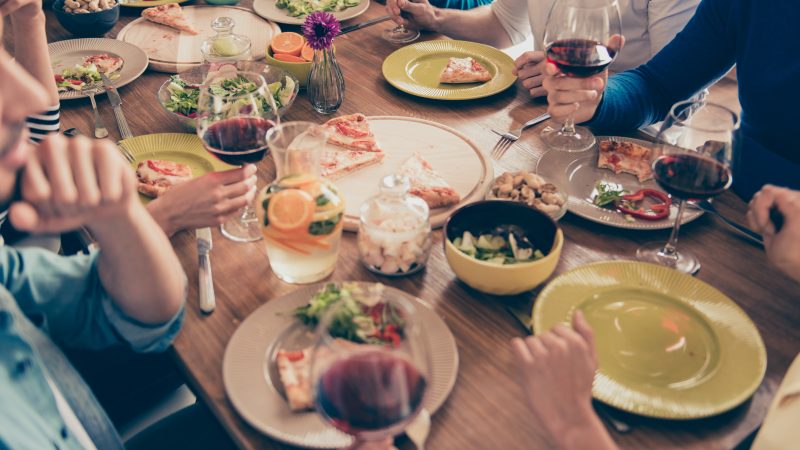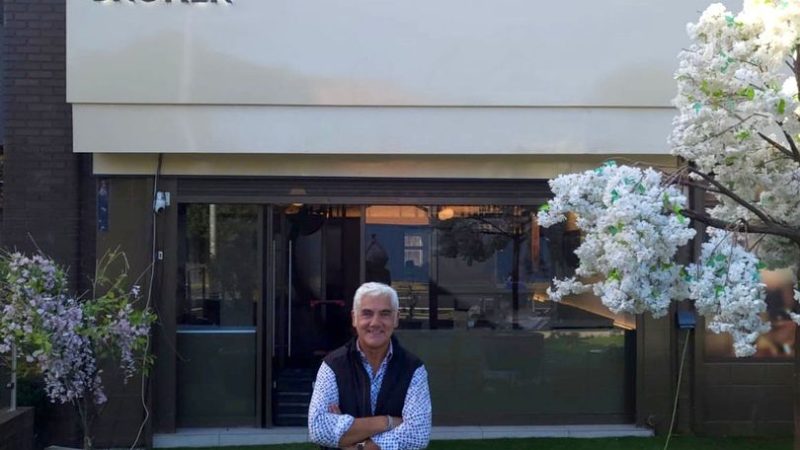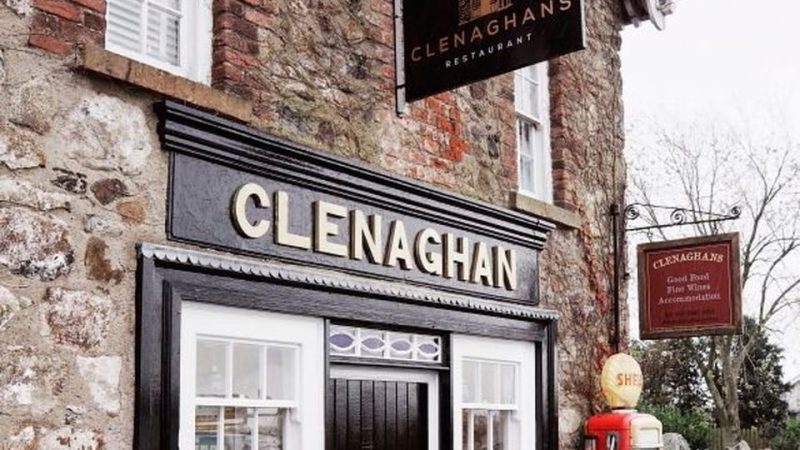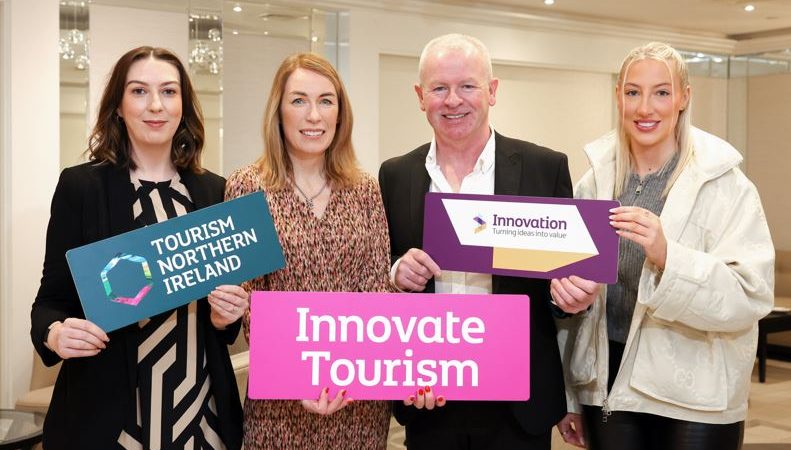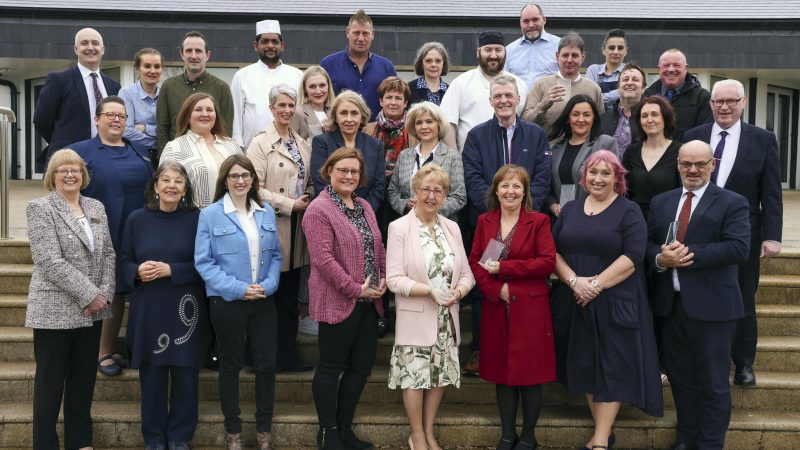Hospitality gets back to work
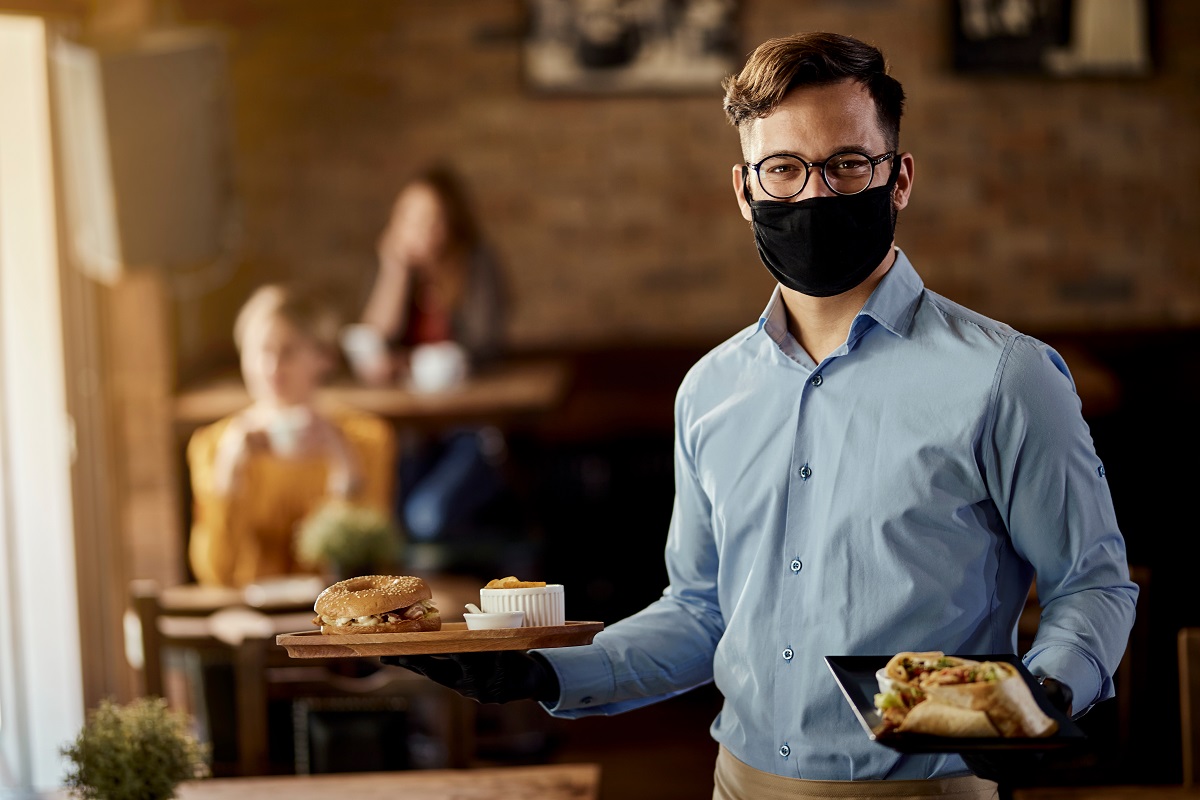
This is the day for which Northern Ireland’s hospitality and tourism sector has been yearning.
It’s now more than three months since a coronavirus pandemic forced the world into lockdown, stealing away the livelihoods of pubs, restaurants, hotels and visitor attractions everywhere in one cruel stroke.
In the days since, more than 43,000 people in the UK alone have fallen victim to the virus and each one of us has become accustomed to new and more restrictive ways of living and working with each other.
For hospitality and tourism, however, the long wait is over. Most bars, restaurants and hotels can reopen from today (July 3), albeit under a strict new regime.
Service inside bars will now be for seated customers only, with alcohol only available alongside food orders. Drinks can be only be sold without food in an outdoors setting and only if the venue has enough space to properly implement the new one-metre social distancing rule.
The same restrictions will apply to bar and restaurant facilities inside hotels when they re-open to guests on Friday while events, wedding ceremonies, leisure facilities and alcohol-only sales will continue to be curtailed.
Speaking to Licensed & Catering News this week, NI Hotels Federation chief executive, Janice Gault, said that she believed around 70 per cent of Northern Ireland’s hotel sector was prepared to re-open its doors on July 3:
‘Our members are pleased and relieved to be going back to work, but understandably, they are also a little anxious,’ said Janice. ‘We are prepared and we’re ready to rebuild, but the biggest challenge will be to ensure that our customers have a hotel and hospitality experience and not a hospital experience. We want them to feel reassured, but we don’t want them to feel that they are about to be sanitised themselves at any moment.’
Janice acknowledged that many accommodation providers in Northern Ireland had been forced to dip heavily into their reserves over the lockdown period and many of them were now ‘running on empty’. She also said that many operators had taken on additional borrowing in order to get through and that the Federation was working on the assumption that most would spend the next year ‘trading for survival’ before any hope of a return to growth.
In terms of those elements of the hotel sector which remain restricted, Janice is hopeful of ‘some small resolution’, but she remains pessimistic about a speedy return to normal business:
‘Certainly, events are proving to be challenging, particularly where alcohol is involved,’ she said. ‘But we do feel that with time, and if people begin to feel more reassured, there may be an opportunity to bring events back at a certain level.’
And highlighting the wedding market as ‘particularly challenging’, Janice added:
‘We hope to see some movement here soon, but we are concerned that it won’t be enough. The wedding market in NI is going to be challenged by this for a considerable period of time.’
People’s willingness to return to Northern Ireland’s pubs and restaurants will undoubtedly be seen as the litmus test of success for Friday’s re-opening of the hospitality sector.
Speaking on July 1, Hospitality Ulster chief, Colin Neill said that it was difficult to gauge just how many premises would return to trading right away. Some pubs won’t be able to re-open because they don’t offer food, while others don’t have the facilities to properly implement the one-metre distancing rule.
Colin told this magazine:
‘There are also premises that will definitely never re-open and we won’t know which these are until a few weeks in. Regrettably, no matter what we do, there are going to be job losses and closures. At 70 per cent turnover, you start to break even, but if social distancing doesn’t allow that level of trade, then you’re going to see those businesses go broke.’
Colin said that while there was relief across the trade at the prospect of a resumption of business, there was a degree of concern and an acknowledgement of the responsibility that rests with the industry to protect its customers and staff from the virus.


